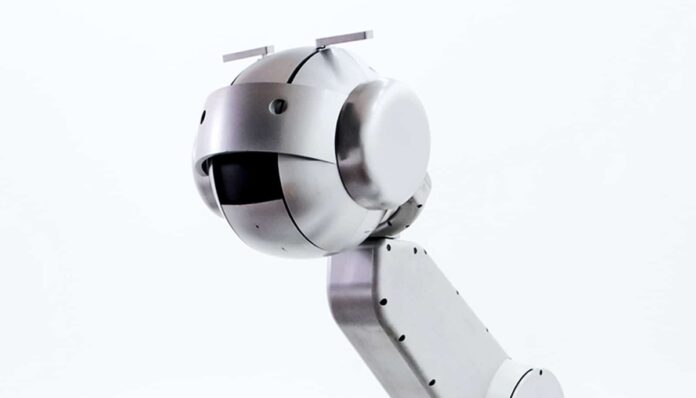- Over 200 prominent musicians, including icons like Billie Eilish, Katy Perry, and Smokey Robinson, have penned an open letter addressing the growing concerns surrounding the use of artificial intelligence (AI) in the music industry.
- The missive, organized by the Artists’ Rights Alliance, is a rallying cry to tech firms, AI developers, and digital platforms, urging them to cease activities that infringe upon the rights and devalue the contributions of human artists.
- Concerns about the rise of AI technology in the music industry threaten to standardize musical expression, prompting artists to join forces in defense of artistic authenticity.
The crux of the matter lies in the misuse of AI technology, which, if left unchecked, poses a significant threat to the integrity of the music ecosystem.
The letter highlights various grievances, including the replication of artists’ voices without consent, the use of their work to train AI models without compensation, and the dilution of royalty pools earmarked for artists. These practices not only erode the creative rights of musicians but also undermine the very fabric of artistic expression.
Jen Jacobsen, the executive director at The Artist Rights Alliance, emphasized that the intention isn’t to seek legislative measures but rather to foster a responsible marketplace.
By calling upon technology and digital partners to uphold the sanctity of human artistry, the aim is to preserve the quality and authenticity of music creation, thwarting any attempts to replace or diminish the role of human artists.
The letter underscores the importance of responsible AI deployment, acknowledging its potential to enhance human creativity when used ethically. However, it admonishes certain platforms and AI developers for their predatory practices, which sabotage creativity and exploit artists and rights holders.
Signatories span across genres, representing a diverse array of voices united in their commitment to safeguarding artistic integrity.
While the music industry has started to push for legislative protections against AI-generated content, the focus remains largely on advocacy efforts.
Artists are increasingly vocal about their concerns, lobbying for bills like The No AI FRAUD Act and supporting state-level initiatives such as the Elvis Act in Tennessee.
The Recording Industry Association of America (RIAA) has thrown its weight behind these endeavors, signaling industry-wide solidarity in the fight against AI infringement.
The issue gained prominence following instances of AI-generated music surfacing on major platforms, raising questions about consent, compensation, and artistic ownership.
Tech giants like YouTube have experimented with AI music-making tools, prompting artists to raise alarms about the predatory use of AI to replicate their voices and likenesses without authorization.
Tom Kiehl, interim head of industry association UK Music, echoed these concerns, denouncing the practice as “music laundering” and calling for a more responsible approach from companies involved in AI development.
He emphasized the need for explicit consent and fair compensation for artists whose work is utilized in AI systems, advocating for a fundamental shift towards ethical practices within the industry.
While some artists, like Grimes and David Guetta, embrace AI as a tool for creative exploration, others, including Sting and Drake, view it as a threat to artistic integrity.
The debate underscores the complex relationship between technology and artistry, as musicians grapple with the implications of AI-driven innovation on their craft.
In the face of these challenges, the collective voice of musicians resonates louder than ever, demanding accountability, transparency, and respect for human artistry in the digital age.
The open letter serves as a pivotal moment in the ongoing dialogue surrounding AI ethics, signaling a unified stance against practices that undermine the rights and contributions of music creators worldwide.
By uniting against artificial intelligence, famous musicians are asserting the significance of human emotion and intuition in creating music that resonates deeply with audiences.

